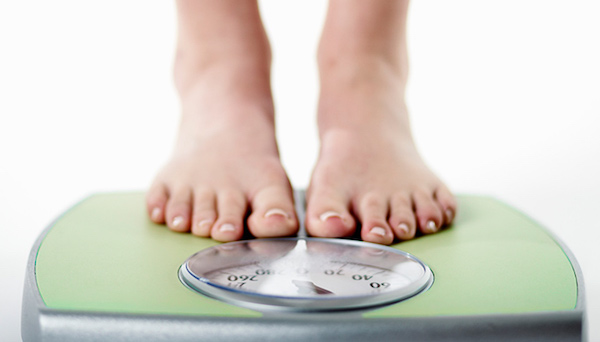A healthy sleep pattern is incredibly important to keep the body functioning optimally, and a new study has revealed that adults who do not have a regular sleep schedule are more likely to experience weight gain, have higher blood sugar and increased blood pressure.
The study has been conducted by the Duke Clinical Research Institute by a research team directed by Dr Jessica Lunsford-Avery consisting of 1,978 adults where an investigation took place into the impact of consistent nighttime habits.
Once the study had been completed and the data analysed, the researchers concluded that people who have irregular sleep patterns are susceptible to higher weight gain, blood pressure and blood sugar levels compared to those people who go to sleep and wake up at the same time each day.
What Happened During The Study?
During the study, the participants used devices that accurately tracked sleeping patterns down to the minute. This meant that the researchers could track even the smallest changes in behaviour.
For example, they could see the difference between a subject going to sleep at 11:10 pm vs 11:15 pm. The ages of the participants were between 54 and 93 and ensured that people with sleep disorders were excluded.
To further validate these findings, the researchers plan to carry out further studies over more extended periods to reveal how biology causes changes in sleep regularity and vice-versa.
“Perhaps there’s something about obesity that disrupts sleep regularity,” Lunsford-Avery said. “Or, as some research suggests, perhaps poor sleep interferes with the body’s metabolism which can lead to weight gain, and it’s a vicious cycle. With more research, we hope to understand what’s going on biologically, and perhaps then we could say what’s coming first or which is the chicken and which is the egg.”

Is there anything else?
A lack of sleep can also cause weight gain in other ways. If you get a lack of sleep, this can lead to you feeling tired at work so you may be tempted to turn to convenience junk food or coffee as a way of picking you up.
These unhealthy foods can increase your overall daily calorie intake resulting in unwanted weight gain.
Another negative of feeling tired throughout the day can lead to you skipping the gym and resorting to takeaway food because you don’t have the energy to make a fresh meal.
It’s easy to stay in this cycle once you’re in it, so ensuring you have an optimal sleeping pattern is massively important.
If you are sleep deprived this can also result in your metabolism not functioning effectively, and our ability to lose weight is primarily determined by the amount of sleep that you get.
Two hormones that are regulated within the body are Leptin and Ghrelin. When Ghrelin production is triggered, this tells you when to eat and the levels of this hormone increase when you are suffering from sleep deprivation which means that you end up eating more leading to weight gain.
Leptin is a hormone which tells your body to stop eating and when you lack sleep your body has reduced levels of Leptin. So the result of higher levels of Ghrelin and lower levels of Leptin equates to being more prone to weight gain.
The recommended amount of sleep per night is 7.5 hours, so if you can stick to this, you will set yourself up well for your day ahead.
